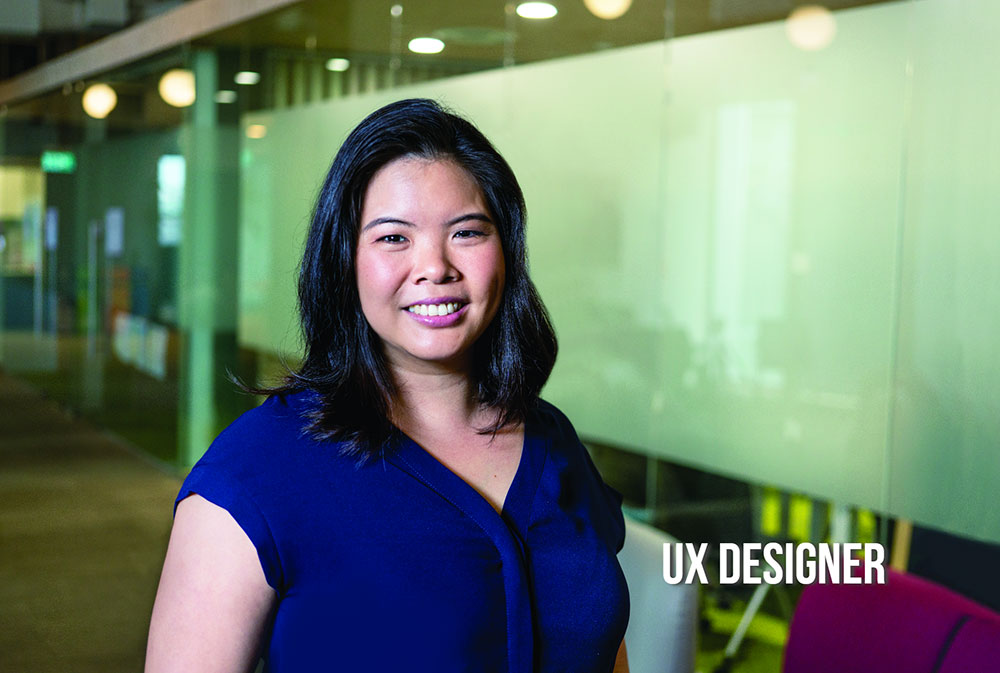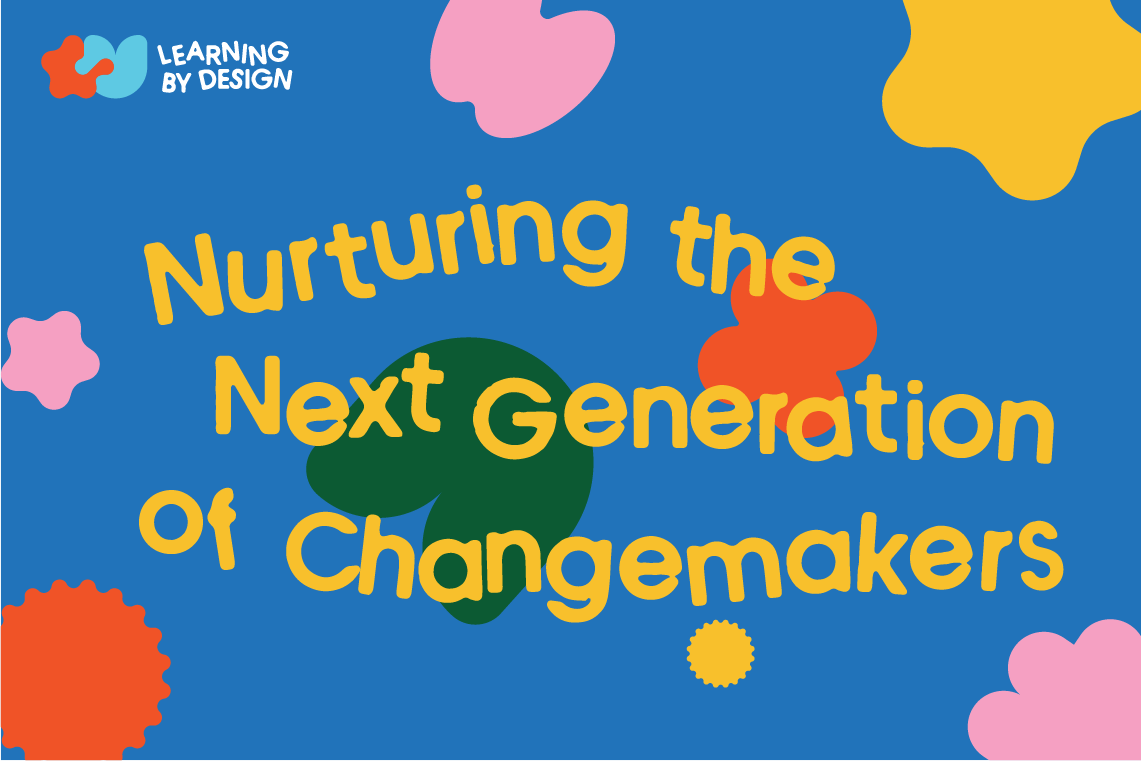Making things better through design
Melisa has come a long way from her early days of painting and drawing. Now, she manages a team of researchers and designers in creating end-to-end user experiences, and ensures that her stakeholders understand the value of design in measurable ways.

“The Skills Framework showcases possibilities for design roles in areas like business and technology, as the industry has changed much in recent years.”
From a young age, Melisa knew she wanted to be a designer. Growing up, she pursued her passion in painting and drawing, and soon learnt that there are many types of design that required vastly different training and technical sensitivities. Though originally trained in interior architecture, Melisa most recently found a home for her skillset and domain experience in the practice of Design Thinking, Service Design and Experience Design.
In her current role as a Senior UX Designer, Melisa works in a multi-disciplinary team of designers, researchers and strategists. She currently leads a team of researchers and designers on a project in the areas of education and learning with technology. She also weighs in on the designers’ wellbeing, both in terms of honing their professional practice, and creating a culture in which they feel proud to be a part of.
Melisa reckons that her biggest challenge at work is managing and changing the mindsets of project stakeholders – such as management teams and executives in-charge of projects, in particular, convincing them that there are better ways of doing something. In her view, design is a service that serves many masters – not only their clients but also end users. She takes pains to prove the value of design to her stakeholders, often ensuring its impact is as measurable and visible as possible, in ways that are relevant.
To be successful in her job, Melisa notes that it’s imperative to have an inquisitive mind and an urge to question the status quo. Having a genuine optimism that design can ‘make lives better’ and grit – the ability to thrive in adversity – are also key to success.

Design roles are evolving in the civil service and there are opportunities for design – as a practice and community – to show its value and contribution to society
The importance of being a team player is often underestimated. She tells us, “In the work we do, it is impossible to do it effectively if we do it alone.” She further states that as far as talent is admirable, the ability to work well with colleagues and stakeholders is a much better indicator of how far a person can go in a collaborative industry. She is heartened that the Skills Framework highlights important skills, such as design research, communication and strategy, that aspiring designers should have if they wish to excel in the industry.
Melisa notes that design roles are evolving in the civil service and there are opportunities for design – as a practice and community – to show its value and contribution to society. As her own career has not followed a traditional, linear pathway, Melisa is interested in how the Skills Framework showcases possibilities for design roles in areas like business and technology, which also helps non-designers see the interwoven nature of groups of skillsets.
For the future, Melisa hopes to continue leading a meaningful design practice, and producing work that’s appreciated by her peers. She advises those considering joining the industry to acquire more life experiences and cultivate interests outside of ‘design’ and ‘the job’, as marrying passion with technical abilities will help to enrich designers’ perspectives, improving the quality of their ideas and work.
Melisa’s occupation is a job role that can be found in the Innovation track of the Skills Framework for Design. For more information on the Framework, please visit: Skills Framework for Design.






